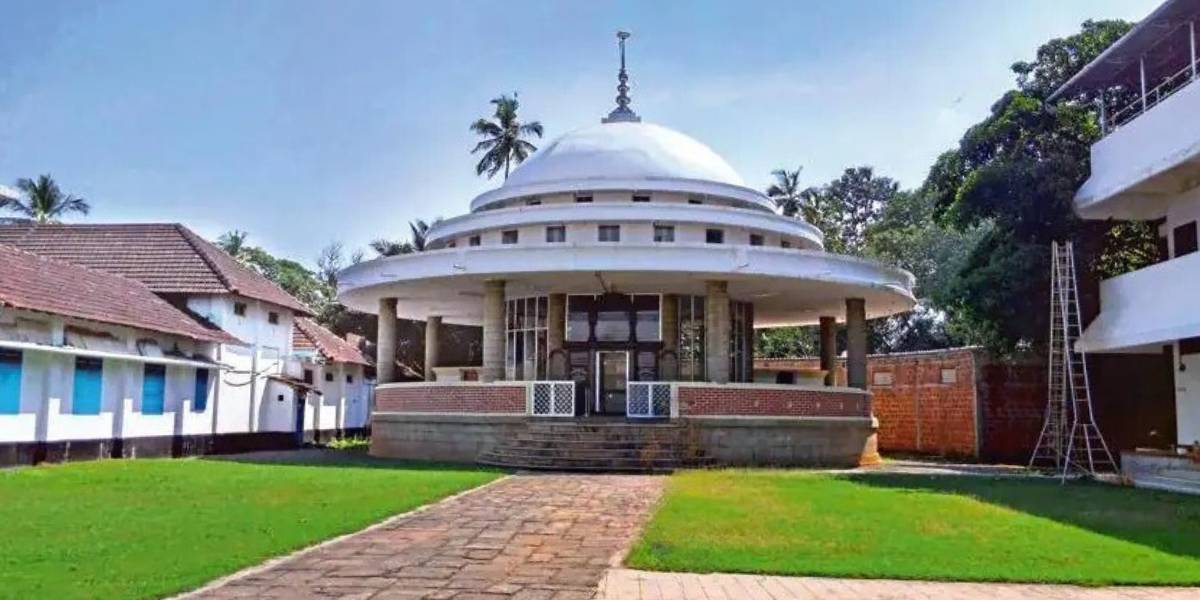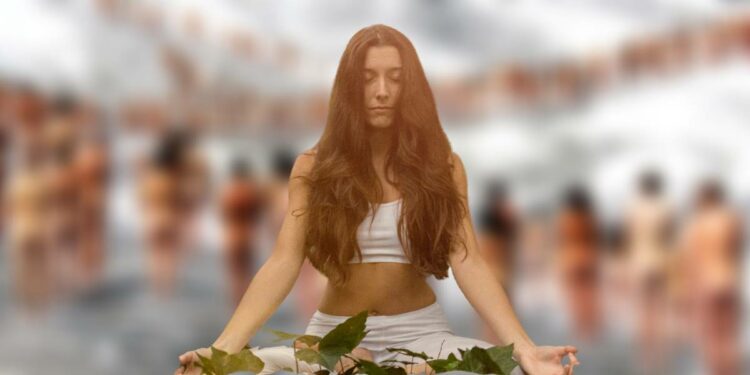In a quiet corner of north Kerala’s Calicut district lies Siddha Samaj, a lesser-known commune that has been conducting a social experiment for nearly a century. Founded as a critique of private property and interests, Siddha Samaj has carved out its place as an alternative society, promoting freedom, equality, and unconventional social practices. With branches in Kerala and Tamil Nadu, Siddha Samaj challenges societal norms and embraces a way of life that differs from the mainstream. This article delves into the intriguing world of Siddha Samaj Kerala, exploring its philosophy, practices, and the questions it raises about personal freedom and collective harmony.
The Birth of Siddha Samaj
Siddha Samaj originated in the early 20th century in Vadakara, a small coastal town in Kerala. The society was established by Swami Sivananda Paramahamsa, a unique yogi who rejected blind beliefs, religious constraints, and caste divisions. Sivananda aimed to create a haven of joy and freedom, where individuals could live without the burden of ownership and the limitations imposed by societal norms.
Principles and Practices
Central to Siddha Samaj’s ideology is the rejection of private interests and the idea of communal ownership. In this society, there are no individual possessions or hierarchies based on wealth or status. Instead, everyone is responsible for the well-being of the community as a whole. The society sustains itself through farming on the 60 acres of land it owns, and profits from an Ayurvedic medicine manufacturing unit support its members.

Siddha Samaj also challenges conventional notions of relationships and sexuality. In an effort to eliminate ownership and hierarchy within partnerships, the society embraces consensual relationships without the constraints of traditional marriage. Members are free to engage in relationships with whomever they choose, understanding that love and connection are not limited to a single individual. This unique approach to love and intimacy aims to foster an atmosphere of openness, trust, and equality.
Education and Upbringing
One of the distinctive aspects of Siddha Samaj is its approach to raising children. In the society, children are taken away from their mothers at the age of three and brought up in a common orphanage and school. The children grow up without knowledge of their biological parents, considering nature as their common mother. This approach, while aiming to foster a sense of collective identity, raises questions about the children’s exposure to the world beyond the Samaj’s walls and their lack of educational qualifications recognized by mainstream society.
Challenges and Contemplations
While Siddha Samaj’s pursuit of freedom, equality, and communal living is intriguing, it also poses challenges and raises thought-provoking questions. Critics may question the limitations imposed on personal choices, such as the restricted roles for women within the society and the absence of individual families. Concerns may arise regarding the children’s limited exposure to the outside world and the impact it may have on their development and future prospects.
The Ultimate Achievement
After almost a century of existence, Siddha Samaj continues to exist as a unique social experiment. Its ultimate achievement lies in challenging the established order, allowing individuals to become masters of their own lives, and fostering a sense of community and shared responsibility. While Siddha Samaj may not conform to modern civilization in the conventional sense, it has created its own distinct way of life where personal freedom, equality, and non-attachment to possessions are valued.
Siddha Samaj Kerala stands as a testament to the power of alternative thinking and the pursuit of a society founded on principles of freedom, equality, and communal harmony. As an experiment in social engineering, it sparks contemplation and challenges traditional notions of ownership, relationships



















Discussion about this post